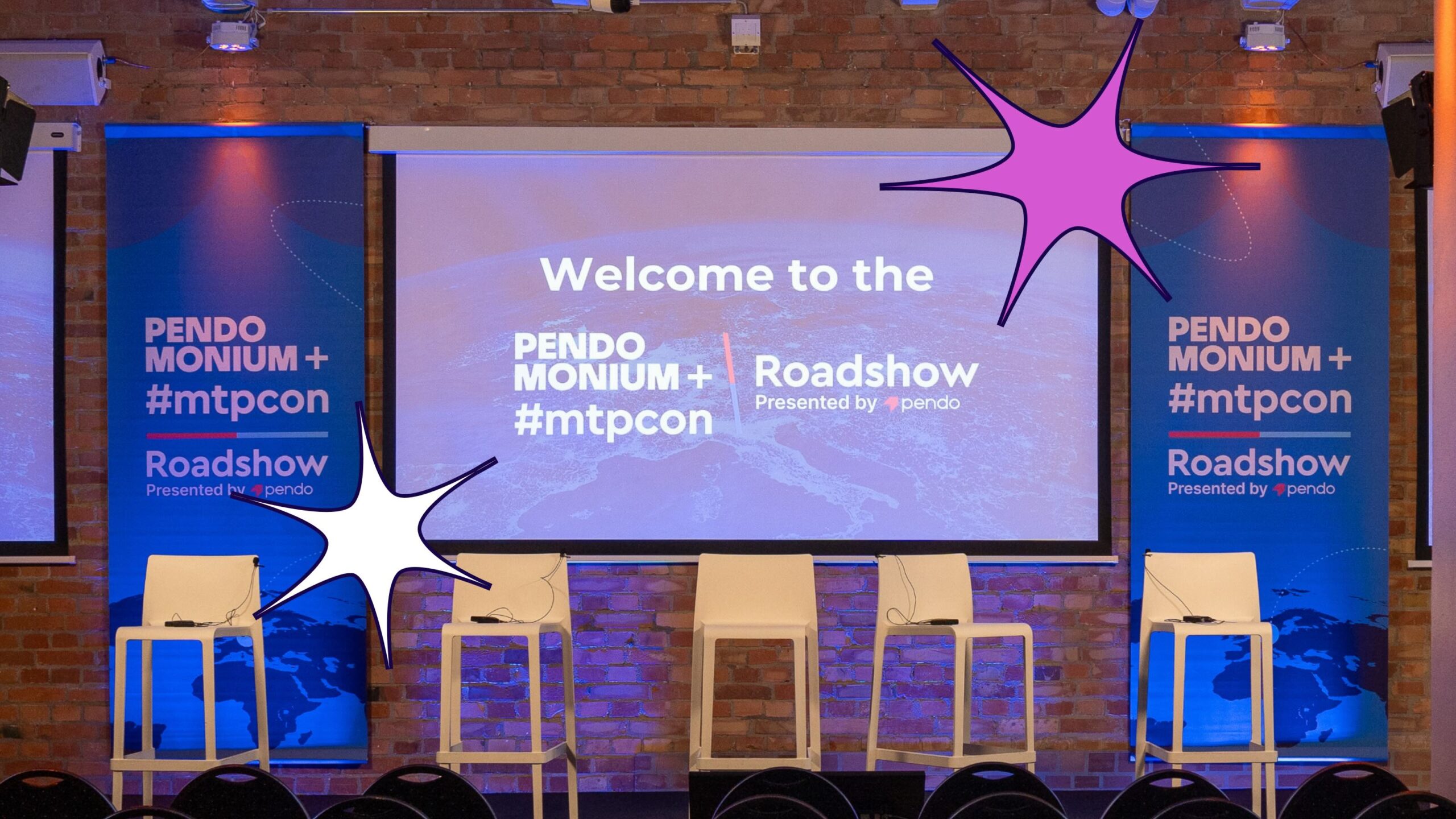UX design is more than pixel pushing
Design, in the traditional sense, gets a reputation for being snobbish and impractical. But, with regards to product development, design is quickly becoming more important in every stage of crafting a product. Traditionally, user experience teams were responsible for only aesthetics and had a very narrow definition of “usability.” That component is still there, but it no longer captures the complete role of user experience.
Like the design of more tangible objects,
…the core of UX is the craft of making things which fill a need or solve a problem through interacting with people and understanding their problems.
The current confluence of UX with design thinking provides the opportunity to bring all members of a team into the sphere of “making.” Modern UX reforges a human connection between maker and user and opens that communication up to the entire development team.
Not that long ago, making software was like making any mass-produced widget. Companies identified the customer’s needs as best they could, made some assumptions, physically manufactured a product, solved logistical problems, packaged it and shipped it. (It made the manufacture of Ford’s Model-T look lightning fast.) The product didn’t change much after it was released unless they built and shipped a new version—which was not a short process. And the amount of time it took to get customer feedback about their product was painful and lengthy.
Closing the Customer Feedback Gap
Enter modern software development. Agile methods, SaaS and web-based delivery have dramatically shortened the communication gap between maker and user and the speed at which changes can be made.
The product team acts more like a craftsperson working directly with the user…
…like a tailor making a custom suit with fittings and alterations. They work directly with the customer to identify unique needs and preferences, then iteratively develop and adjust the product. Whereas old-style mass-production removed makers from users, there is new emphasis on the complete user experience. It is this emphasis which offers opportunities to reconnect with users.
The team creates good user experience
Modern software development doesn’t involve a single maker, but a team of craftspeople. Good UX, like good construction, needs the entire crew to build a great product or solid home. The plumber and electrician are as vital as the architect. The nuts and bolts are as critical to usability as the aesthetics—software can be pretty, useful, and fast. The best in the business have realized that reality. Because good design truly involves all parts of the team, most members of a team are taking part in design thinking, whether intentionally or not. All the components are subject to iterative improvement and an ongoing connection with the user. This can be a daunting coordination for product managers and teams, especially in an older or much larger software product.
But with a renewed focus on crafting good user experiences, all team members can be makers and designers, connecting and shaping each component of a product around the user, and solving a need.
In short … we are teams of makers, working in a complex, ever-changing environment. It’s back to the basics on many levels—the direct connection with our customers and “users”—but also a step into the unknown.


